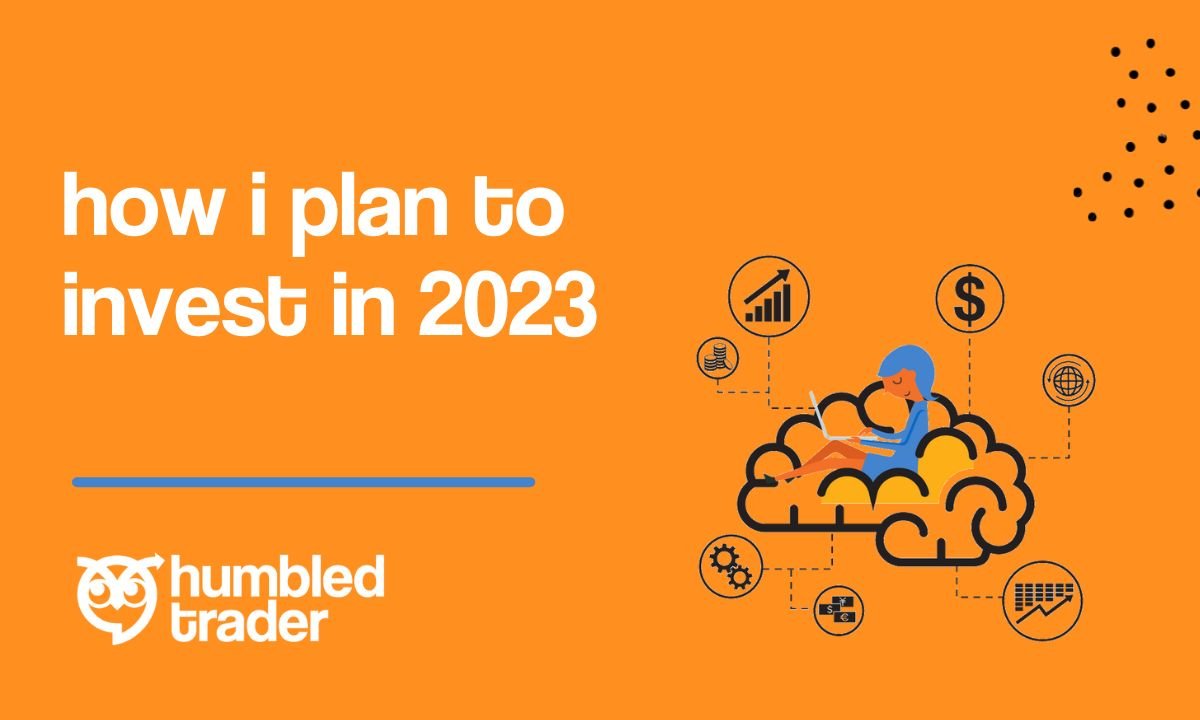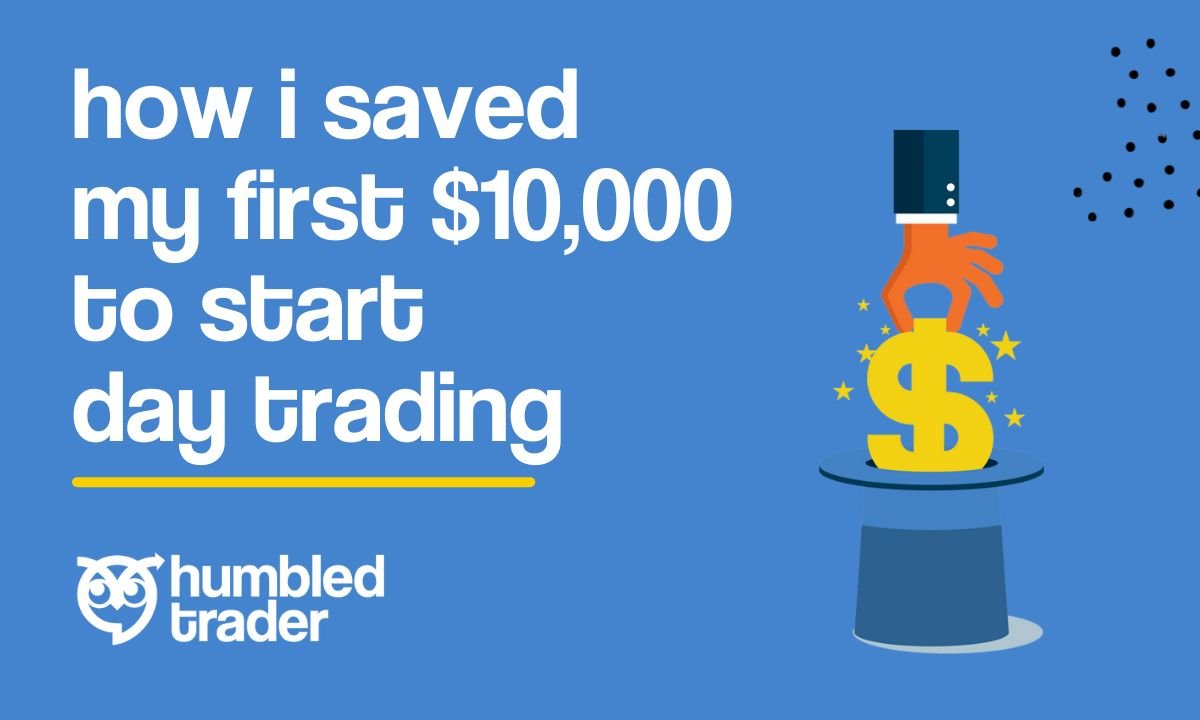My Investing Plan for 2023

Riches are made in recessions. I am going to explain how I plan to invest in the new year and prepare for the upcoming recession.
Bloomberg Economics projected the likelihood of a US recession to rise from 65% to 100% within the next 12 months.
The stock market has been selling off since early 2022. We have been seeing decreasing earnings and growth rates across many companies’ reports, declining housing sales, and mass layoffs in the tech industry with a high likelihood of more to come.
Although I was not active in the markets during the last recession in 2008, I studied the data and past trends to make sure I could position myself the right way this time around. In my opinion, this could be a once-in-a-lifetime opportunity for you and me to profit instead of getting left behind as long as you prepare yourself the right way and make the right moves.
What is a recession?
A recession is a general slow down in economic growth, measured by Gross Domestic Product (GDP), which is the total value of goods and services produced in the economy. When there are two consecutive quarters of negative growth in GDP, it is considered a recession. Despite a recent recovery in the third quarter of 2022, many economists are advising investors to stay cautious as they do not expect the growth to persist.
Making the Right Moves
Despite the uncertainty and the likelihood of various markets declining, we must remember that riches are made in recessions. To prepare for the upcoming recession, my first strategy is to invest in the stock market. Although I am a day trader, I also invest in stocks long-term for my retirement.
Investing vs Day Trading
It's important to understand the difference between investing and day trading. Investing means buying an asset for the long-term with the intention of holding it for 2, 3, 5, or 10 years. Day trading, on the other hand, is considered a career and is taxed as a business, not as capital gains.
Timing the Market
Many people try to time the market by selling their investing portfolio at the top or near the top and investing back in once the market bottoms out. However, it's difficult to time the bottom of the market and many investors end up selling their entire portfolio when the S&P 500 cracks a new 52-week low. Studies have shown that it's crucial to focus on time in the market, rather than timing the market.
My Investing Strategy For 2023
70% of my intended capital is invested in index funds, with the remainder 30% in individual stocks. Instead of trying to time the market, I am dollar cost averaging in, which means I'm investing a set amount of money at regular intervals, regardless of market conditions.
My portfolio includes index funds like VTI, which invest in large, mid, and small-cap stocks in the US. I also plan to add index funds like XDV & XEI, which invest in high-quality dividend stocks in the energy, banking, and utility sector in Canada. I like these index funds because they offer a diversified, stable, passive, and low-cost investment option, which is perfect for busy investors like myself.
The remainder of my capital will be allocated slowly into individual stocks, including GOOGLE, MSFT, TD Bank, and Taiwan Semiconductor. I also plan to add existing positions like Tesla and Apple to my portfolio. You can follow my long-term stock investment portfolio and asset allocation on the social investing app, Blossom.
In addition to my stock portfolio, I also have a real estate investment strategy, which I believe is more recession-proof. Despite concerns of another real estate bubble in North America, I highly doubt this will happen in Canada, given our strict lending regulations. However, I still take a cautious approach and hope to step in and pick up one or two properties if there is a major decline in real estate prices in Greater Vancouver in 2023. I want to focus on properties that allow short-term vacation rentals, and be strategic about the location to ensure it will cash flow well.
Finally, I have a small portion of my portfolio invested in cryptocurrencies, which is the most speculative asset class of all. Unfortunately, my crypto holdings have declined 60-70% in value, and I don't plan on adding more at this time. In my opinion, it will take the crypto market many more years to consolidate and regain trust from investors.
Don’t feel like reading? Watch the video.




